Best Solar Battery Storage for Off-Grid Living: Reliable Power When You Need It Most
Living off the grid can be liberating, but it also comes with its own set of challenges. One of the biggest hurdles is ensuring you have a reliable power source. That’s where the best solar battery storage comes into play. These batteries allow you to store the energy generated by your solar panels, so you have power when you need it most, whether it’s during the night or during unexpected outages. In this article, we’ll explore some of the top options available for off-grid living, helping you make the best choice for your needs.
Key Takeaways from Best Solar Battery Storage
- Solar batteries store excess energy for use during low sunlight or outages.
- Lithium-ion batteries are popular for their efficiency and compact design.
- Compatibility with existing solar systems can vary, so check before purchasing.
- Battery capacity is crucial; ensure it meets your daily energy needs.
- Investing in quality solar battery storage enhances your off-grid experience.
1. Tesla Powerwall
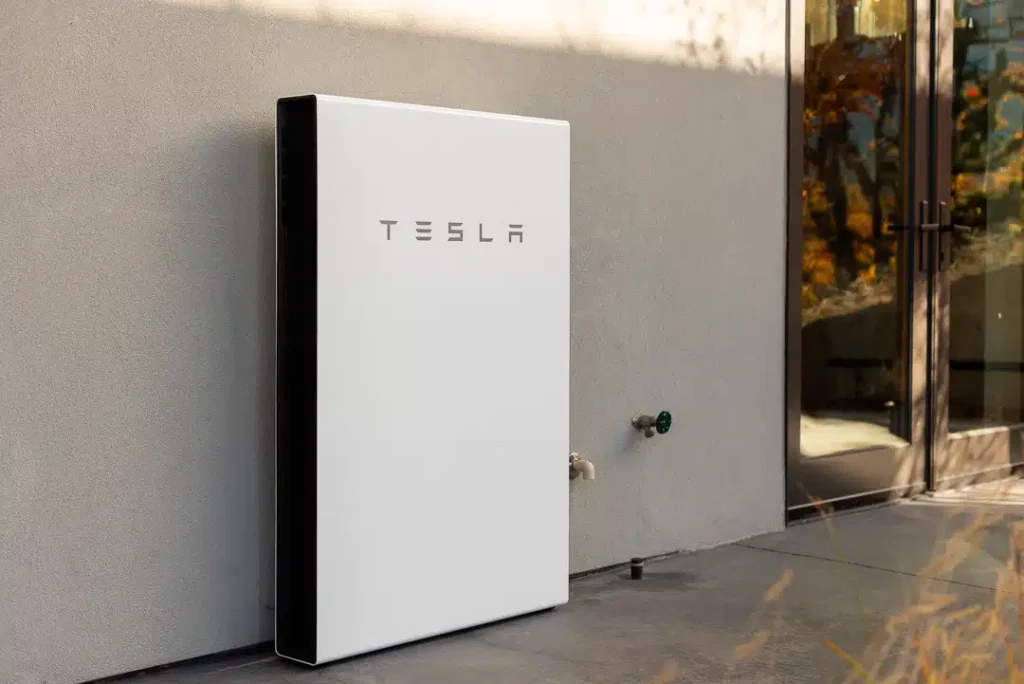
The Tesla Powerwall is a popular choice for solar battery backup systems, and for good reason. It’s a sleek, integrated system designed for home use. If you’re looking for a relatively straightforward, all-in-one solution, the Powerwall might be a good fit.
The Powerwall 3 now supports both DC and AC coupling, offering flexibility in installation.
One thing to keep in mind is that while some people might not realize it, you can actually buy Powerwalls and install them yourself. Of course, you’ll want to make sure you know what you’re doing, but it’s an option that opens up some possibilities.
- Integrated inverter: No need for a separate inverter, which simplifies installation.
- DC and AC coupling: Offers flexibility in how you connect it to your solar panels.
- Expansion batteries: Cheaper DC-coupled expansion batteries are expected to be released soon.
For those seeking long-lasting solar power storage for rural areas, the Tesla Powerwall presents a compelling option due to its integrated design and potential for self-installation. However, it’s important to carefully consider your specific energy needs and compare it with other solutions before making a decision.
2. LG Chem RESU
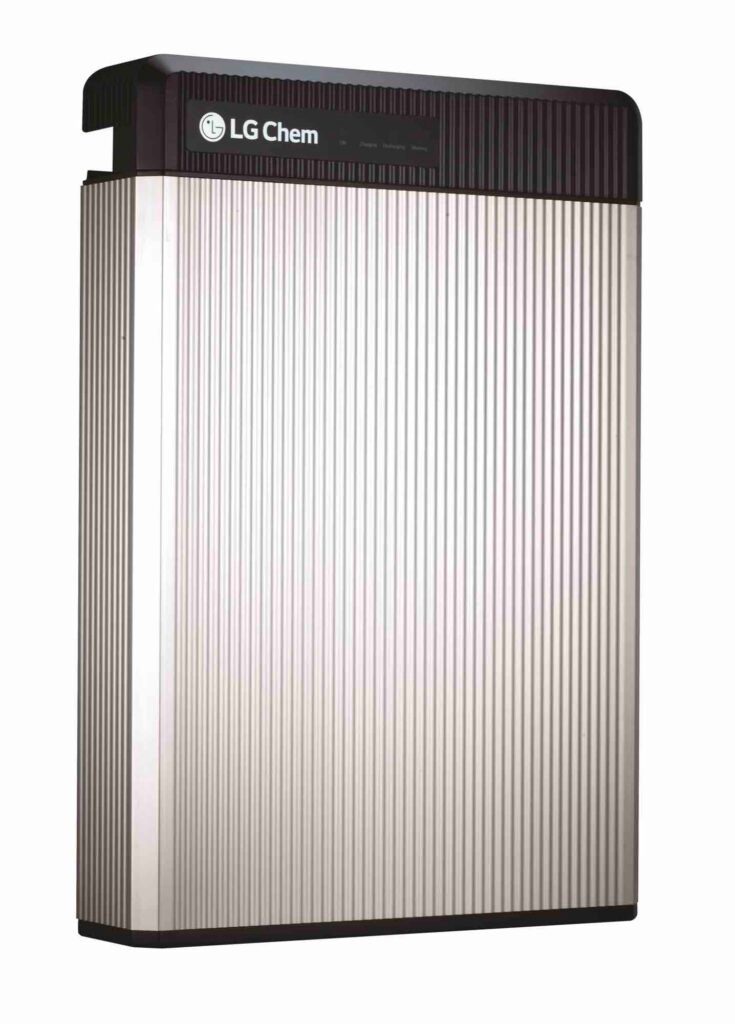
LG Chem’s RESU line has become a popular choice for home energy storage. These batteries are known for their compact design and decent energy density. They offer a good balance of performance and value, making them suitable for various off-grid applications.
Here’s a quick rundown of why people consider them:
- Relatively compact size compared to some competitors.
- Good energy density for their size.
- Compatible with many solar inverters.
One thing to keep in mind is that installation can sometimes be a bit tricky, so it’s often best to get a professional involved. Also, while they’re generally reliable, it’s worth checking the warranty details and customer reviews to get a sense of long-term performance.
While LG Chem no longer manufactures these batteries, they are still available through installers and distributors. If you’re looking for residential energy storage, it’s worth checking if you can still find a good deal on a RESU system.
3. Sonnen Eco
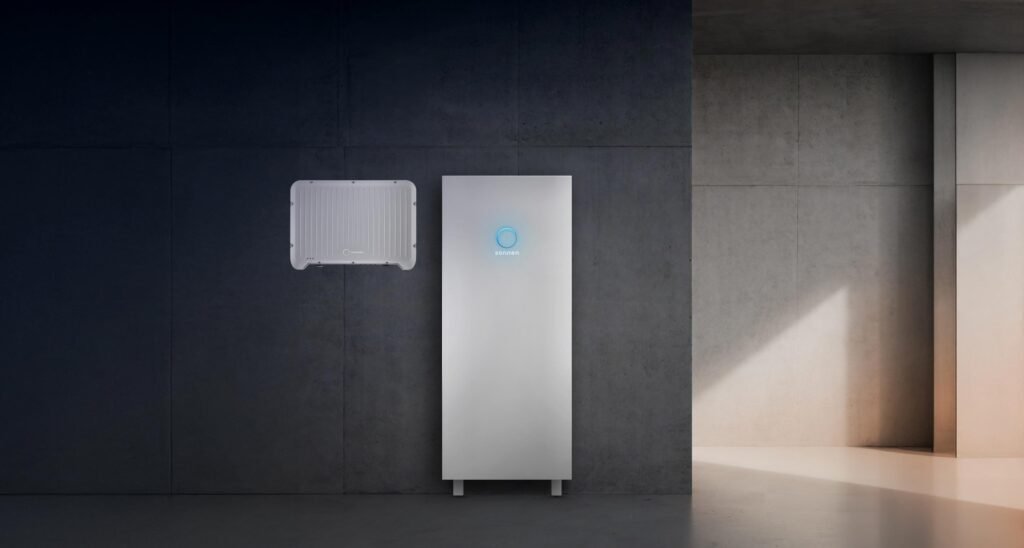
Sonnen Eco is another strong contender in the solar battery market, especially if you’re looking for something that integrates well with smart home technology. I’ve seen a few friends install these, and they rave about the monitoring capabilities. It’s not just about storing power; it’s about managing it efficiently.
- Smart Home Integration: Sonnen Eco systems are designed to work seamlessly with smart home devices, allowing for automated energy management.
- Long Lifespan: These batteries are built to last, offering a good return on investment over the long term.
- Modular Design: The modularity allows you to expand your storage capacity as your energy needs grow. This is a big plus if you anticipate needing more power down the road.
One thing I appreciate about Sonnen is their commitment to sustainability. They focus on using environmentally friendly materials and manufacturing processes, which is a nice bonus if you’re trying to minimize your carbon footprint.
Sonnen offers a variety of power capacity sizes, allowing homeowners to select the ideal solar battery for their needs without overspending. They have different models, so you can find one that fits your specific energy consumption and budget. It’s worth checking out their website or talking to a local installer to see what they recommend for your situation.
4. Battle Born Batteries

Battle Born Batteries have become a popular choice for off-grid enthusiasts, and for good reason. They’re known for their durability and long lifespan, making them a solid investment if you’re planning to live off-grid for the long haul. I’ve heard stories from people who’ve had these batteries running strong for over a decade, which is pretty impressive.
One of the things that sets Battle Born apart is their focus on lithium iron phosphate (LiFePO4) technology. This chemistry is safer and more stable than some other lithium-ion options, which is a big plus when you’re dealing with a power source for your home. Plus, they’re relatively lightweight compared to lead-acid batteries, making them easier to install and move around if needed.
Here’s a quick rundown of why people like them:
- Long lifespan: We’re talking thousands of cycles, which translates to years of reliable power.
- Safety: LiFePO4 chemistry is inherently safer than other lithium options.
- Lightweight: Easier to handle and install than traditional batteries.
- Good warranty: Battle Born stands behind their products with a solid warranty.
I remember when my buddy Mark was setting up his off-grid cabin. He was torn between a few different battery brands, but ultimately went with Battle Born because of their reputation for reliability. He figured it was worth the extra cost to avoid having to replace them every few years. He’s been happy with his decision ever since.
Of course, they’re not the cheapest option out there. You’ll definitely pay a premium for the Battle Born name. But if you’re looking for a reliable, long-lasting 24V lithium battery that can handle the demands of off-grid living, they’re definitely worth considering. They also offer off grid solar batteries for your convenience. You can even find fully equipped off-grid living bundles to make the process easier.
5. Renogy Lithium Iron Phosphate Battery
Renogy has become a pretty well-known name in the solar world, and their lithium iron phosphate (LiFePO4) batteries are a solid choice for off-grid setups. These batteries are designed to be more efficient and last longer than traditional lead-acid batteries. I’ve seen a lot of people using them in RVs and small cabins, and they seem to hold up well.
One of the biggest advantages of LiFePO4 batteries is their long lifespan, often providing thousands of cycles. This means you can charge and discharge them way more times compared to lead-acid, which can save you money in the long run. Plus, they’re lighter, which is always a bonus if you’re trying to keep things mobile or need to save on space.
I remember helping my buddy install a Renogy LiFePO4 battery in his camper van. The difference in weight compared to his old lead-acid battery was insane. He was able to add more solar panels without worrying about exceeding the weight limit. It made a huge difference in his off-grid experience.
Here’s a quick rundown of why people like Renogy LiFePO4 batteries:
- Long lifespan: Lasts for thousands of cycles.
- Lightweight: Easier to handle and install.
- Efficient: Provides consistent power output.
- Safe: LiFePO4 chemistry is more stable than other lithium options.
When you’re looking at Power Kits, it’s worth comparing the specs and prices of different models to find the one that best fits your needs. Renogy offers a range of sizes, so you can find something that works for your specific energy requirements. Also, keep an eye out for sales – you might be able to snag a good deal!
6. SimpliPhi Power PHI 3.5
SimpliPhi Power’s PHI 3.5 is a popular choice for those seeking a cobalt-free lithium iron phosphate (LFP) battery. This battery is known for its safety and long lifespan. It’s a modular system, so you can easily scale up your storage as your energy needs grow. I remember when my neighbor, Sarah, installed one of these. She was so happy with how quiet and reliable it was, especially compared to her old lead-acid setup.
Here’s a quick rundown of why people like the SimpliPhi PHI 3.5:
- Cobalt-free LFP chemistry: Safer and longer-lasting than some alternatives.
- Modular design: Easy to expand your storage capacity later.
- High cycle life: Can withstand many charge and discharge cycles.
- Durable: Operates well in a wide range of temperatures.
One thing I’ve heard from multiple installers is that the upfront cost can be a bit higher than some other options. However, the long-term benefits, like the extended lifespan and reduced maintenance, often make it a worthwhile investment. Plus, the peace of mind knowing you have a safer battery is a big plus.
For those looking at solar systems for RVs, this could be a good option, but make sure to check the size and weight to ensure it fits your space and load capacity.
7. VMAXTANKS AGM Deep Cycle Battery
Okay, so VMAXTANKS AGM deep cycle batteries are a pretty popular choice for off-grid setups, and there’s a good reason for that. They’re known for being reliable and tough, which is exactly what you need when you’re not connected to the grid. These batteries use Absorbed Glass Mat (AGM) technology, which basically means the electrolyte is absorbed into a fiberglass mat. This makes them spill-proof and maintenance-free, a huge plus when you’re dealing with a whole system.
One of the biggest advantages of VMAXTANKS is their durability. They can handle a lot of charge and discharge cycles, which is important for off-grid living where you’re constantly using and recharging your batteries. Plus, they’re resistant to vibrations and shocks, so you don’t have to worry about them getting damaged if you’re in a remote location or moving them around.
Here’s a quick rundown of why people like them:
- Maintenance-free: No need to add water or mess around with acid levels.
- Spill-proof: Can be mounted in any orientation without leaking.
- Durable: Resistant to vibrations and shocks.
- Good cycle life: Can handle a lot of charging and discharging.
I’ve heard stories from people who’ve used VMAXTANKS for years without any major issues. They’re not the cheapest option out there, but the reliability and long lifespan make them a solid investment, especially if you’re planning on living off-grid for the long haul. It’s all about peace of mind, knowing your MR127 battery is going to keep the lights on.
While they might not have the same energy density as lithium-ion batteries, VMAXTANKS offer a good balance of performance, reliability, and cost. If you’re looking for a dependable and hassle-free battery solution for your off-grid home, they’re definitely worth considering.
8. Trojan T-105 Plus

When you’re talking about deep-cycle flooded lead-acid batteries, the Trojan T-105 Plus is a name that often comes up. These batteries are known for their durability and reliability, making them a popular choice for off-grid systems, especially those on a budget. They’ve been around for a while, and their track record speaks for itself.
The Trojan T-105 Plus is a workhorse, designed to withstand the rigors of frequent charge and discharge cycles. They aren’t the flashiest or most technologically advanced option, but they get the job done. They’re a solid, dependable choice if you’re willing to put in the maintenance required for flooded lead-acid batteries.
Here’s a quick rundown of what you should know:
- Voltage: Typically 6V, so you’ll need to wire them in series to achieve higher voltages (like 24V or 48V).
- Capacity: Around 225 amp-hours at a 20-hour rate. This means you can draw about 11.25 amps continuously for 20 hours.
- Lifespan: With proper maintenance, you can expect several years of service. Regular watering is key to maximizing their lifespan.
One thing to keep in mind is that flooded lead-acid batteries require regular maintenance. This includes checking and refilling the water levels with distilled water. If you neglect this, you’ll significantly shorten the battery’s lifespan. Also, they need to be stored in a well-ventilated area because they release gases during charging.
While they might not have the energy density or maintenance-free convenience of lithium batteries, their lower upfront cost makes them an attractive option for some. Just be prepared for the extra work involved in keeping them running smoothly. For those seeking sustainable and renewable energy, it’s important to consider all factors.
9. Discover AES Lithium Battery
Discover AES lithium batteries are making waves, and for good reason. They’re designed to be a robust and reliable energy storage solution, especially if you’re aiming for off-grid living. I’ve been looking into these myself, and here’s what I’ve found.
One of the biggest advantages is their long lifespan. We’re talking thousands of cycles, which translates to years of dependable service. This is a big deal when you’re relying on your batteries day in and day out.
They also come with a built-in battery management system (BMS). This is like having a little guardian for your battery, protecting it from overcharging, over-discharging, and overheating. It helps to maximize the battery’s life and keep it running smoothly.
Here’s a quick rundown of some key features:
- High cycle life
- Integrated BMS
- Wide operating temperature range
- Scalable for different energy needs
I’ve read a lot about how important it is to choose the right battery for your solar setup. It’s not just about the initial cost; it’s about the long-term performance and reliability. A good battery can make or break your off-grid experience.
Discover AES offers a range of 48V Lithium Battery options, so you can find one that fits your specific energy requirements. Whether you’re powering a small cabin or a larger home, they’ve got something that can work for you.
10. Outback Power EnergyCell 1200 and more
Outback Power is a well-known name in the off-grid solar world, and their EnergyCell 1200 batteries are designed for reliability and longevity. But, let’s be real, there are other great options out there too. When you’re looking at top rated off-grid solar battery storage solutions, it’s important to consider all the factors.
Outback Power’s EnergyCell is a sealed lead-acid battery, which means it’s lower maintenance than flooded lead-acid options. However, it’s also important to consider lithium options for their increased efficiency and lifespan. Choosing the right battery depends heavily on your specific energy needs, budget, and how much maintenance you’re willing to do.
When thinking about how to choose solar battery storage for off-grid power needs, consider these points:
- Energy Needs: Calculate your daily energy consumption to determine the battery capacity you need.
- Budget: Battery costs can vary widely, so set a budget and stick to it.
- Maintenance: Some batteries require more maintenance than others. Consider how much time you’re willing to spend on upkeep.
- Lifespan: How long do you want the batteries to last? Lithium-ion batteries typically have a longer lifespan than lead-acid batteries.
Don’t forget to factor in the environmental conditions where your batteries will be stored. Extreme temperatures can affect battery performance and lifespan. Proper ventilation is also important to prevent overheating.
For those needing high-capacity solar batteries for off-grid energy reliability, it’s worth exploring different brands and technologies to find the best fit for your off-grid setup. Don’t just settle for the first option you see!
Wrapping It Up
So, there you have it. Choosing the right solar battery for off-grid living is key to making sure you have power when you need it. Whether you go for lithium-ion or another type, just remember to think about your energy needs and how much storage you’ll really need. It’s all about finding that balance. And don’t forget, compatibility with your solar panels is super important. If you’re not sure, reach out to a pro who can help you figure it out. With the right setup, you can enjoy the freedom of off-grid living without worrying about running out of juice.
Frequently Asked Questions
What are off-grid solar batteries?
Off-grid solar batteries are devices that store energy collected from solar panels. They allow you to use solar power even when the sun isn’t shining, like at night or on cloudy days.
Why do I need a solar battery for off-grid living?
A solar battery is essential for off-grid living because it stores excess energy generated by your solar panels. This stored energy can be used later when you need it, ensuring you always have power.
How do I know which solar battery is best for me?
Choosing the right solar battery depends on your energy needs, the size of your solar system, and how much energy you want to store. It’s a good idea to consult with a solar expert to find the best option.
Can I use any battery with my solar panels?
Not all batteries work with every solar panel system. Some batteries may require specific types of solar panels to function properly. It’s best to check compatibility before making a purchase.
How long do solar batteries last?
The lifespan of solar batteries varies, but many can last between 5 to 15 years, depending on the type and how well they are maintained.
What is the cost of solar batteries?
The price of solar batteries can vary widely based on the type and capacity. Generally, you can expect to pay anywhere from a few hundred to several thousand dollars.

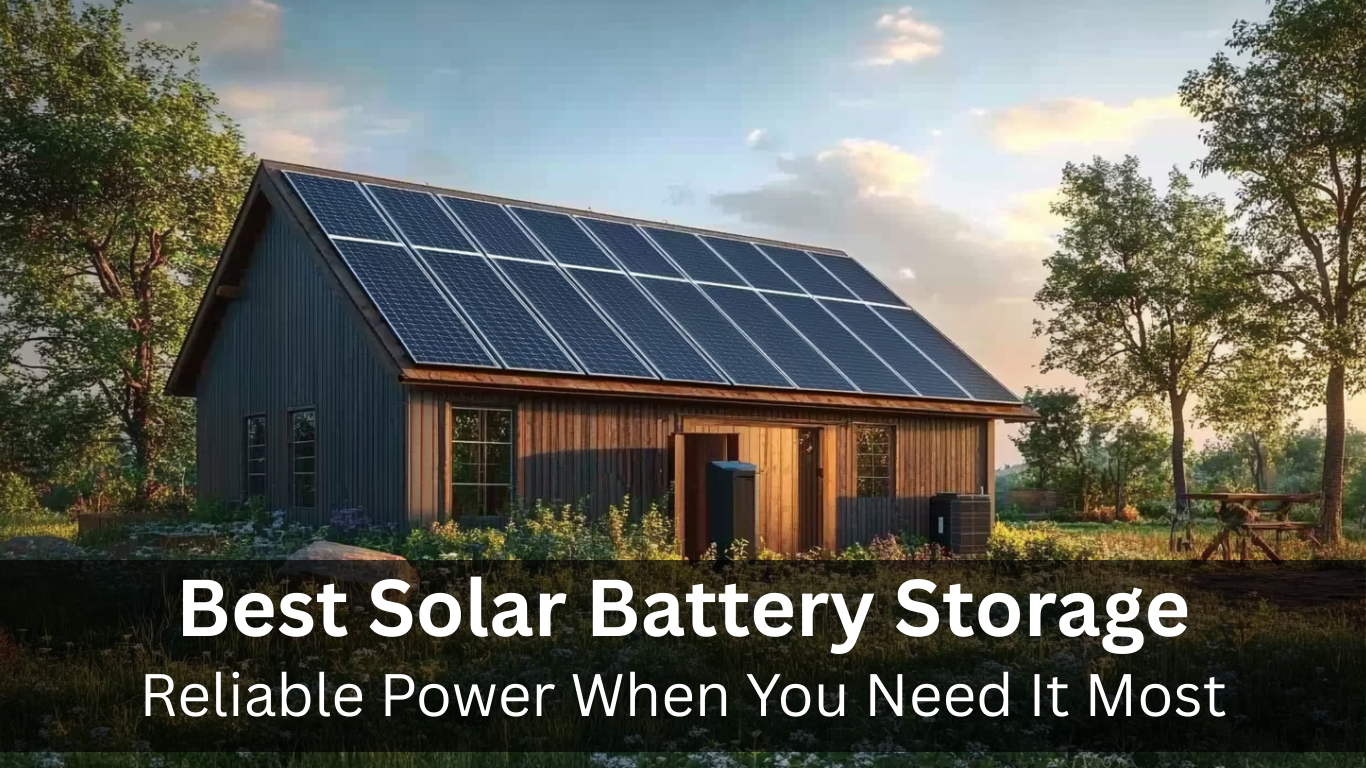
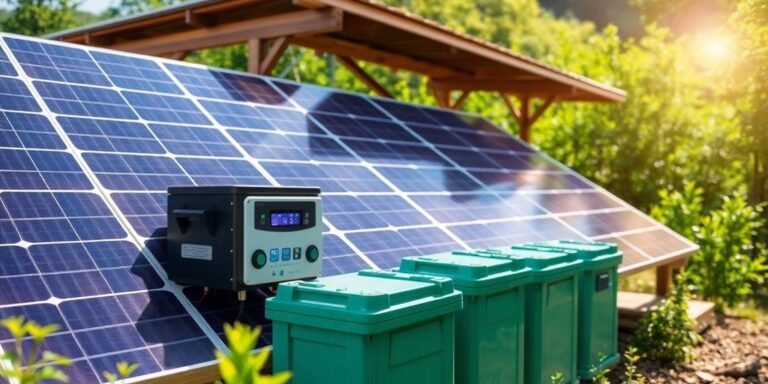

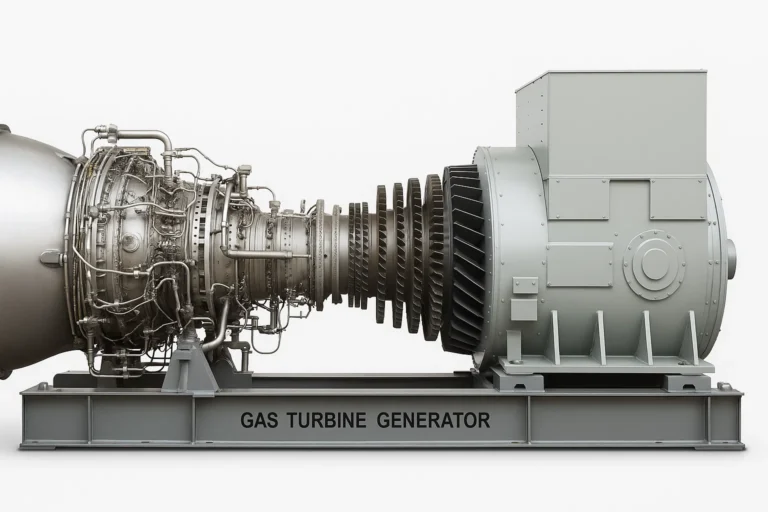

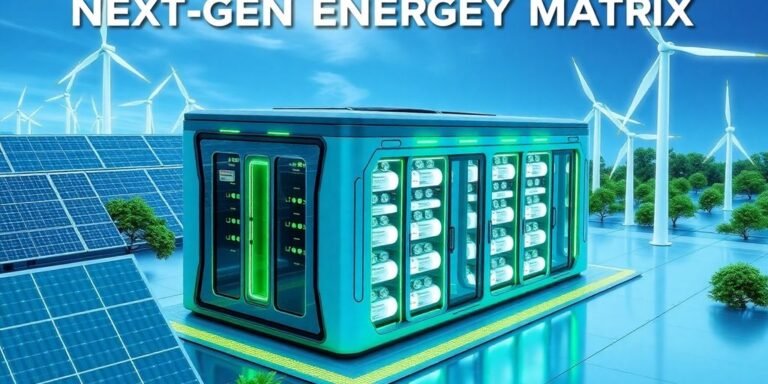
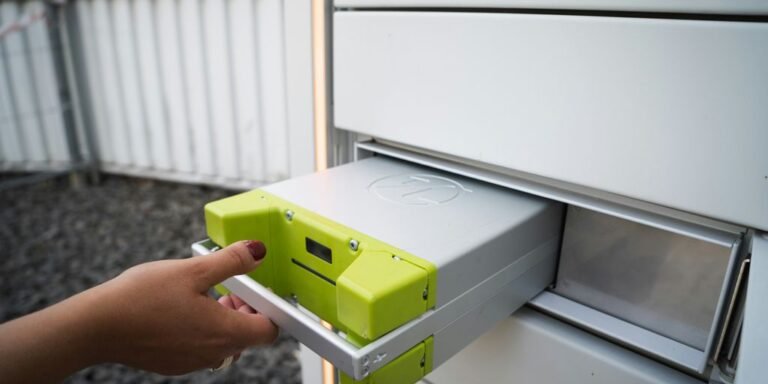

3 Comments